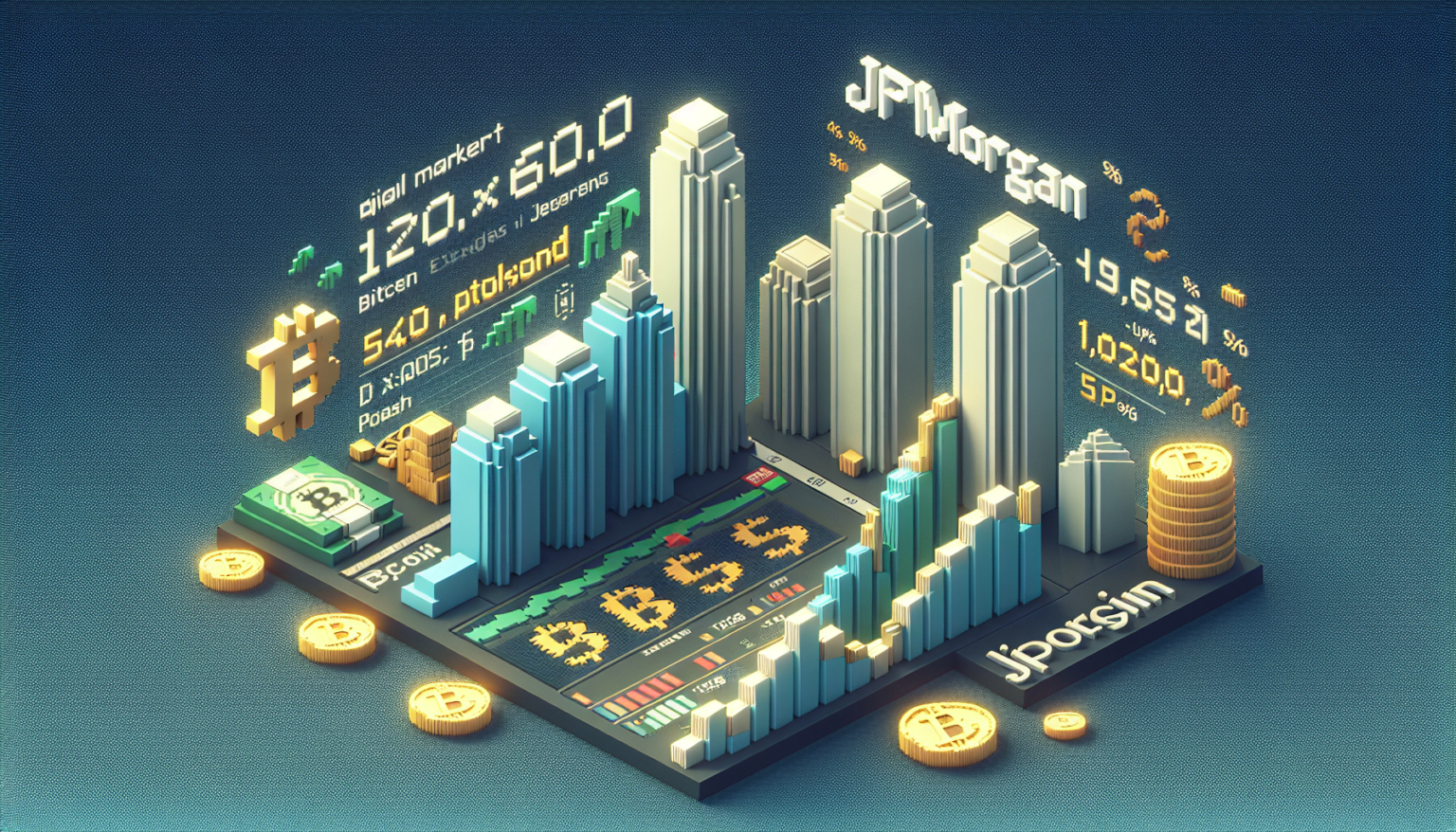JPMorgan says the crypto market will see a decent bounce starting in August, but has reduced the year-to-date net flows from $12 billion to $8 billion.
Analysts at the bank shared the new forecast for crypto in a research note, suggesting the crypto market should see liquidations begin to subside this month. The bullish projection from the Wall Street giant comes as crypto markets continue to hover in the red after a particularly brutal June.
Bitcoin price, which reached highs of $73,000 in March, retreated heavily last month amid sell-off pressure.
Catalysts for the decline included miner offloading of BTC after network rewards were reduced by half post-halving, and recent dumping spree from the German government. The market also reacted sharply to the news of imminent Mt.Gox repayments.
BTC currently trades around $57,330, down more than 13% in the past month. In recent weeks, Bitcoin has hovered near support zones, with analysts suggesting that bears could target the $50,000 area.
JPMorgan revises down net flow estimates
In their research note to investors, JPMorgan analysts said liquidations are likely to dissipate significantly by the end of July. Afterward, Bitcoin and the broader crypto market may begin to rise.
However, JPMorgan has revised its net flow estimates down to $8 billion, expressing skepticism about the previous projection of $12 billion. Besides BTC’s price being high relative to its production cost and relative to gold, the bank’s analysts also highlight the decrease in exchange reserves and broader sell-off pressure as key reasons.
The decline in Bitcoin reserves could be attributed to liquidations, mainly by Gemini or Mt. Gox creditors. Additionally, the extensive dump by the German government, which held 50,000 BTC seized from a piracy site, has sold most of it over the past few weeks.
On-chain data shows the German government’s wallet currently holds roughly 4,925 BTC, approximately worth $283 million. When the German police seized the BTC from Movie2k, its value was about $2 billion and rose to reach $3.6 billion.











